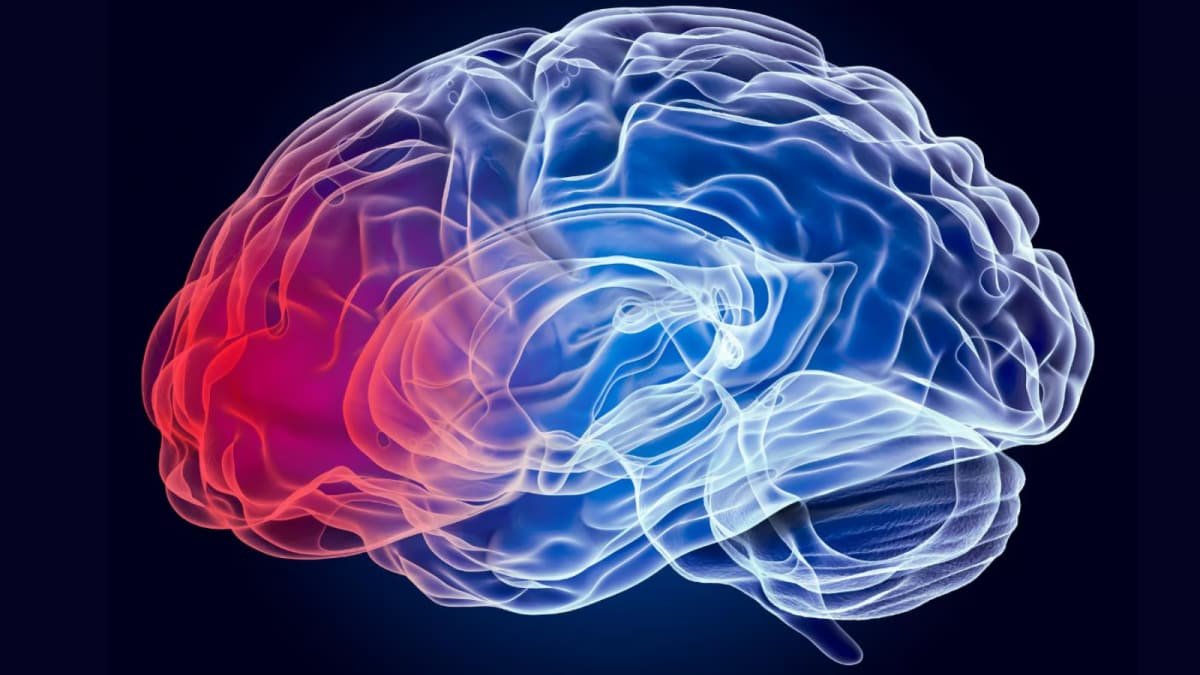Last Updated:June 15, 2025, 11:54 IST
The progression of multiple sclerosis can be unpredictable, as some individuals show mild symptoms while others show varying degrees of disability.
The symptoms include fatigue, vision problems, and muscle weakness.
Multiple sclerosis is a neurological disorder that occurs when the immune system mistakenly attacks the protective sheath surrounding the nerves in the brain and spinal cord. This causes inflammation and scarring, interfering with the messages sent between the brain and the rest of the body. The progression of the disease can be very unpredictable, as some individuals have mild symptoms, while others may have worsening disability.
Dr. P Satish Chandra, Senior Consultant Neurologist at Apollo Hospitals Jayanagar, Bengaluru, explains that multiple sclerosis (MS) is also called an ‘invisible illness’, but for the people who experience it firsthand, every day, the struggles are far from invisible. MS not only affects physical well-being but also mental, social, and financial health. Dr Chandra says, “In India, more than 1.5 lakh individuals, primarily young adults aged 20-40, are struggling with this condition in the absence of proper systemic support.”
“The symptoms of MS are varied and differ in each person. These can involve fatigue, vision problems, weakness in the muscles, motor impairment, balance issues, cognitive problems, and even depression. These symptoms might get intensified over time, making performing everyday tasks a huge challenge for those afflicted by it,” explains Dr Chandra.
While the precise cause of MS is unknown, studies indicate that a combination of genetic predisposition and environmental exposures is implicated. Dr Chandra says, “MS cannot be cured, yet it can be treated. Disease-modifying therapies (DMTs) like ocrelizumab, today, are enhancing outcomes by lowering relapse rates as well as halting disease progression and preventing disability in the long run. Ocrelizumab is one of the DMTs approved in India, which can be used in all subtypes of multiple sclerosis and is the only treatment approved for the primary progressive form of MS. It works by targeting immune cells that cause nerve damage, significantly reducing relapse rates, slowing disease progression, and preserving mobility for longer. Administered biannually, it also improves adherence by minimising treatment burden.”
Beyond medical treatment, patients face significant social stigma – being seen as unreliable, lazy, or even emotionally unstable. Empowering people with MS means advocating for early and accurate diagnosis, workplace accommodations, mental health support, and inclusion in policy frameworks. Accurate and timely diagnosis remains a problem, particularly in smaller cities where neurologists and diagnostic facilities are scarce and symptoms get falsely attributed to other neurological or nutritional diseases.
- Location :
Delhi, India, India
- First Published:
#Multiple #Sclerosis #India #Neurological #Battle #Surface



